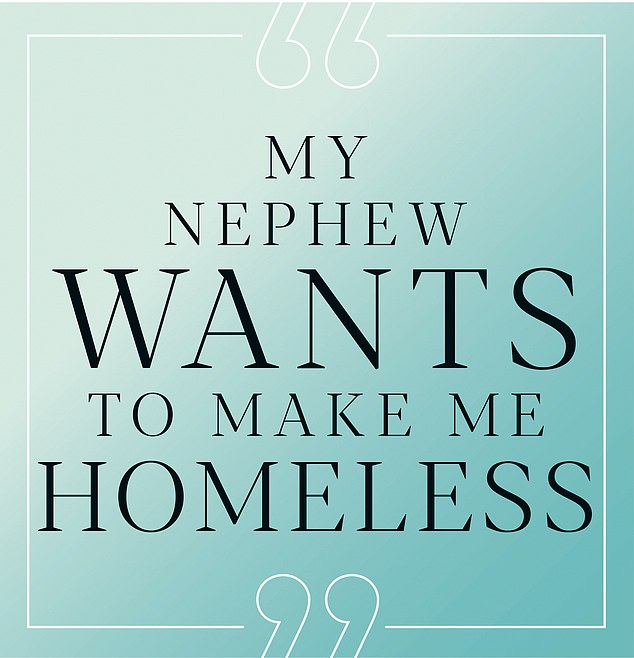Spread This News
Widespread internet access has improved the lives of billions of people across the planet, improving communication, shopping, and entertainment options in people’s daily lives.
But there are numerous negatives to offset some of these benefits. Studies show that too much online use can lead to higher stress and even accelerate problem behavior, like betting addiction.
The latter has been a talking point in several African countries recently, with increased internet use leading to a rise in gambling, particularly among young people.
With online entertainment options increasing all the time, the question that many people are asking is: will it get worse?
Why gambling is on the rise
We’re surrounded by more entertainment options than ever before, from Netflix to video games, and this swelling industry also includes online gambling sites, also known as internet casinos. These websites excel at tempting players to part with their money to try out their latest content, and they’re helped by online casino games that are designed to be addictive.
Health experts across the world have highlighted this risk, which has led to a rise in websites that give players the chance to play casino games for free, or subscribe to self-exclusion tools that stop them from accessing a casino.
However, these measures are often not enough to address the underlying issues.
The Case of Zimbabwe: A Stark Example
Zimbabwe serves as a cautionary tale for the dangers of unchecked online gambling. The country has witnessed a dramatic rise in problem gambling, fueled by several factors:
- Emerging Market:Africa is an up-and-coming market, and investors are drawn to the continent’s potential for growth. This has led to an increase in online gambling companies targeting the African demographic.
- The Mobile Money Revolution:The widespread adoption of smartphones and tablets, coupled with the introduction of mobile money platforms, has made online gambling more accessible than ever before. Now, all a person needs is a mobile device and an internet connection to participate.
- Glamorization of Betting:Online gambling is often portrayed as a path out of poverty, a seductive narrative in Zimbabwe where many struggle financially. Slick advertisements and social media influencers promoting gambling further amplify this perception.
When combined, these factors add fuel to the fire of problem gambling in a region where the educational resources to put out the flames are thin on the ground.
A lack of resources to combat the crisis
Compounding the problem is the severe lack of resources available to combat gambling addiction in many African countries. Education and awareness programs on the dangers of gambling are scarce, and access to crucial support systems like counselling and treatment centers is virtually non-existent.
Europe and the United States have already made progress in these areas but have still yet to combat betting addiction in their own culture. Many African countries, where online betting is relatively new, are some way behind them when it comes to combating this issue.
Ideally, online gambling platforms would be obligated to implement responsible gaming practices, including mandatory warnings about addiction risks. However, self-regulation within the industry remains unreliable across the world.
The vicious cycle of gambling and poverty
The most concerning aspect of this rise in gambling addiction lies in its potential to make existing poverty worse. Driven by desperation, individuals may fall into a dangerous betting spiral, repeatedly chasing illusory wins that ultimately leads them to losing money they don’t have.
This not only traps them in a cycle of debt but also fuels feelings of despair and hopelessness.
The rise of online gambling in Africa is a complex challenge. While it offers entertainment options and potential economic benefits, the associated risks of addiction cannot be ignored.
Moving forward, a multi-pronged approach is needed from governments. They must implement regulations on online gambling platforms; telecom companies could consider responsible data practices to limit access to gambling sites.
Most importantly, public awareness campaigns and readily available support systems are crucial to educate individuals about the dangers of gambling addiction and help those struggling to find a way out.
Only through a collaborative effort can Africa enjoy the positive aspects of online entertainment while mitigating the negative consequences.
